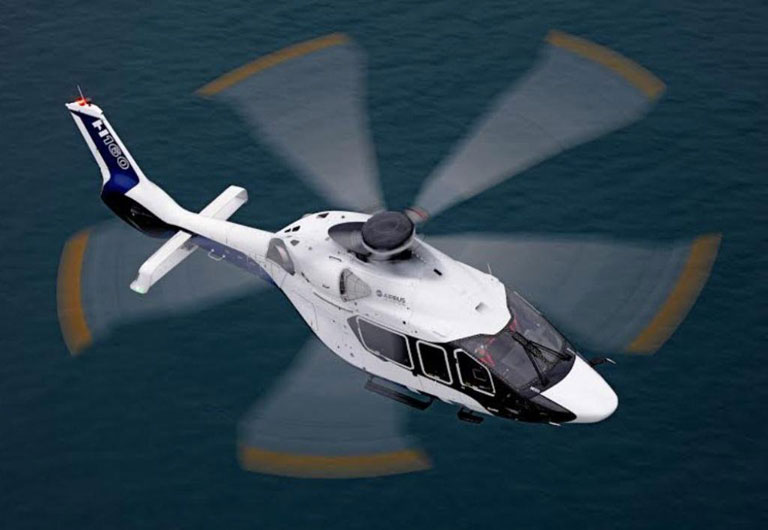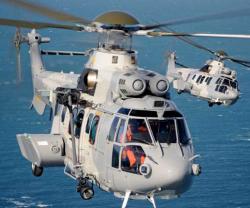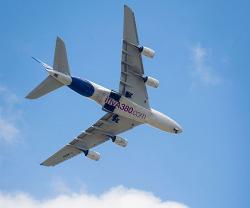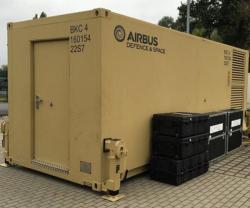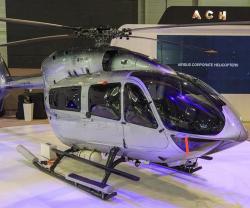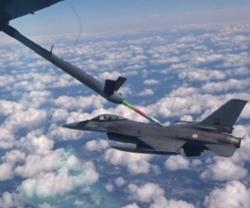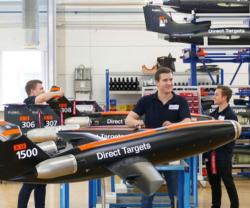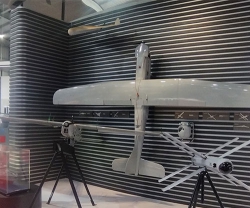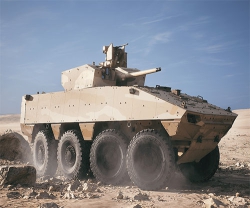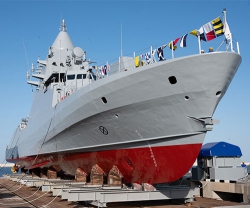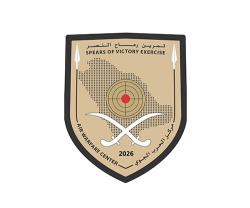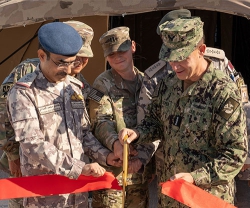Airbus Helicopters announced the validation of the H160’s aeromechanical configuration – a crucial milestone allowing the program teams to confirm some key aspects of the next-generation, twin-engine helicopter’s design and performance.
“Thanks to more than 200 hours accumulated in flight-testing, and with the achievement of this formal program milestone, we have been able to confirm several key design assumptions and even exceed some of them against a real-life environment”, said Bernard Fujarski, Senior Vice President in charge of the H160 program.
“With the helicopter’s flight envelope now fully opened, we are confident that our next-generation helicopter will set new standards of flight experience for passengers and crews”, he added.
During its ongoing flight-test campaign, carried out with two prototypes in the company’s main site in Marignane, France, the H160 has demonstrated exceptionally low vibration levels along with remarkable aircraft stability levels, setting new benchmarks in the field.
“Vibration levels have been a key objective since the launch of program, and observed results give us confidence that the H160 will set new comfort standards for all missions segments, from EMS to passenger transport or private and business aviation. We can’t wait for our customers to experience this exceptional level of comfort themselves”, Fujarski added.
Next steps of the flight campaign will focus on hot weather trials, to take place over the summer, followed by continued performance testing of the Arrano engines – now equipping both prototypes – as well as cold weather tests later in the year. A third prototype will join the flight-test program next year to support the certification process ahead of the H160’s entry into service.
Airbus Helicopters, a division of Airbus Group, provides the most efficient civil and military helicopter solutions worldwide. Its in-service fleet includes nearly 12,000 helicopters operated by more than 3,000 customers in 154 countries.
Airbus Helicopters employs more than 22,000 people worldwide and in 2015 generated revenues of 6.8 billion euros.

